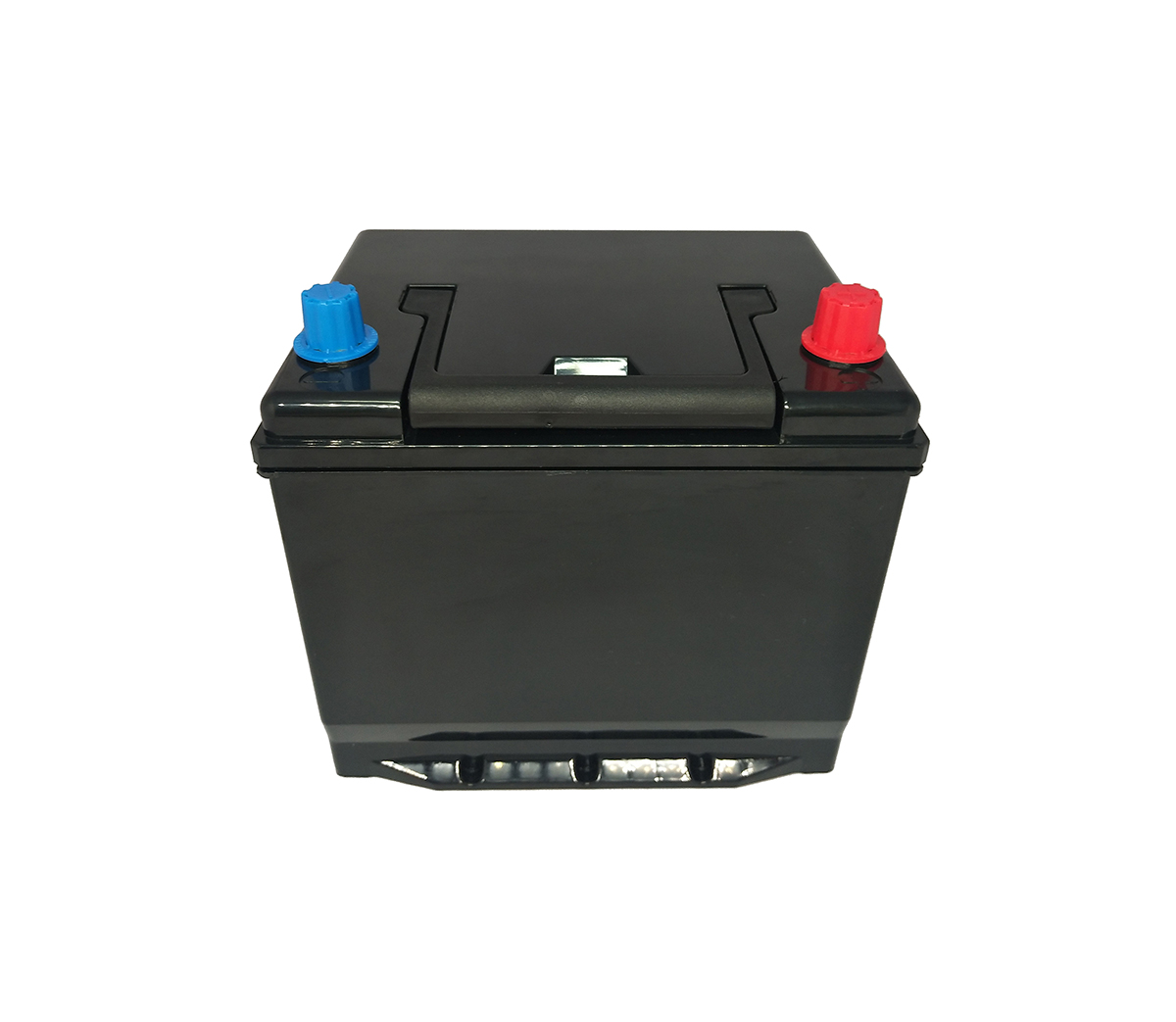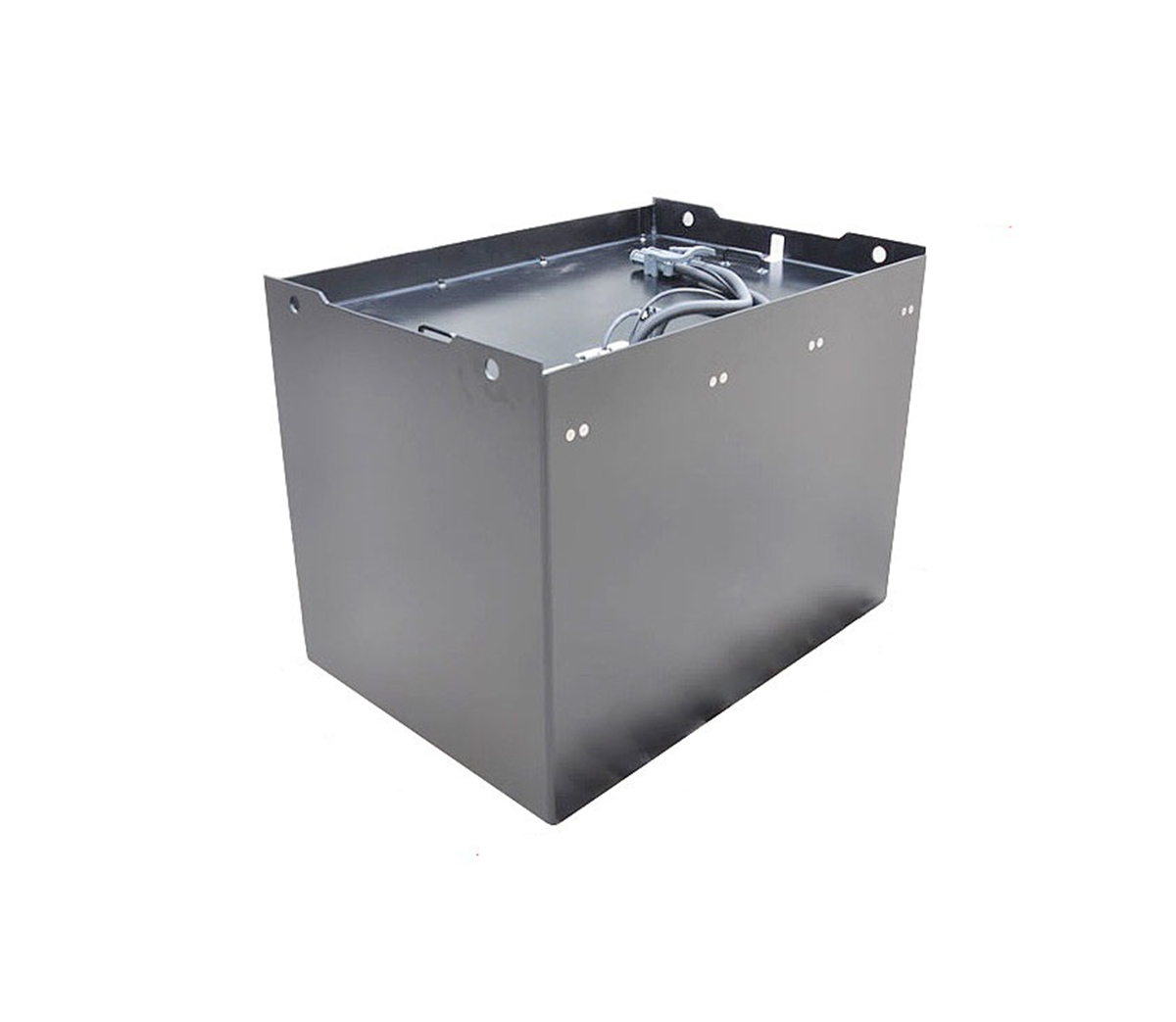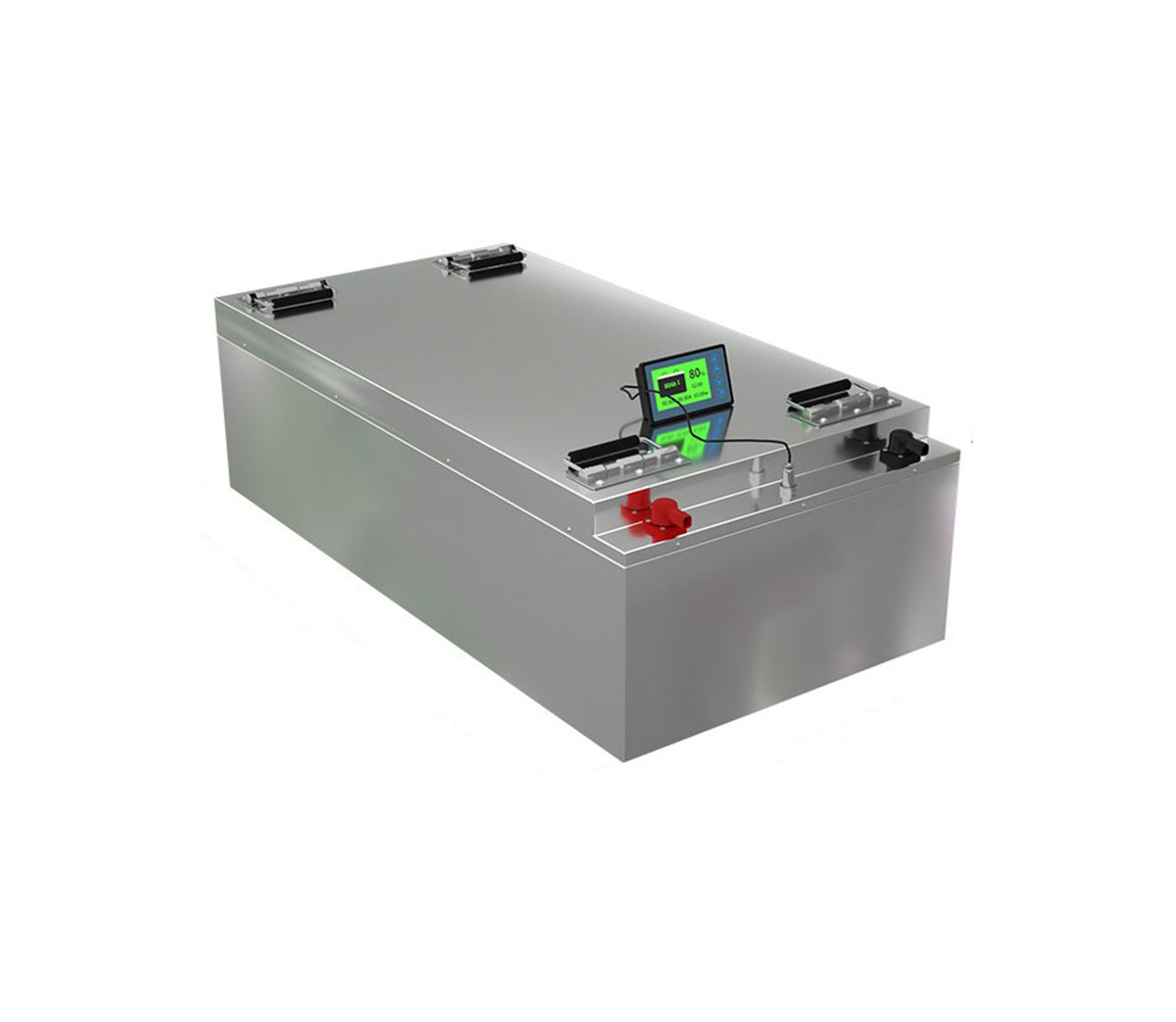Stopping gas supply leading to accelerated deployment of energy storage
projects? Let's take a look at the dynamics of the industry
Russia has taken very decisive action to stop gas supplies to the EU, which
is very bad news as winter is approaching. And after a record-breaking hot
summer, meteorologists generally expect a very cold winter.
The dilemma of traditional energy is difficult to solve in a short period
of time. Many long-term investors or governments are already accelerating the
deployment and construction of new energy projects, especially lithium
batteries. At the same time, we began to incorporate lithium resources into
national strategic materials.
SES Power is a professional lithium battery energy storage system
integrator with nearly 20 years of experience. Because our products have high
technical content and high cost performance, customers also praise us: we often
use high-quality The lithium iron phosphate square aluminum shell battery cell
is made of excellent products, such as lead-acid replacement products with
Bluetooth or RS485 communication function (lithium iron phosphate battery
12V100Ah, 12V200Ah, 24V100Ah), high current (2000A) starting lithium battery,
UPS high voltage Lithium battery system (up to 860V), 3Kw~20Kw off-grid,
grid-connected, island-type lithium battery energy storage system, wall-mounted
home energy storage system 48V100Ah, 48V200Ah, stacked energy storage system
(single is 51.2V100Ah, the highest support 15 stacks) and so on. We are full of
confidence in the development of the energy storage industry. Let us sort out
the dynamics of the energy storage market for you.
(1): iM3NY builds a battery factory in North America and plans to increase
its annual production capacity to 38GWh
Australia-based Magnis Energy Technologies, which has vertically integrated
battery technology and materials capabilities, earlier announced that its joint
venture subsidiary, Imperium 3 New York (iM3NY), has opened a battery production
facility in Endicott, a small town in rural upstate New York.
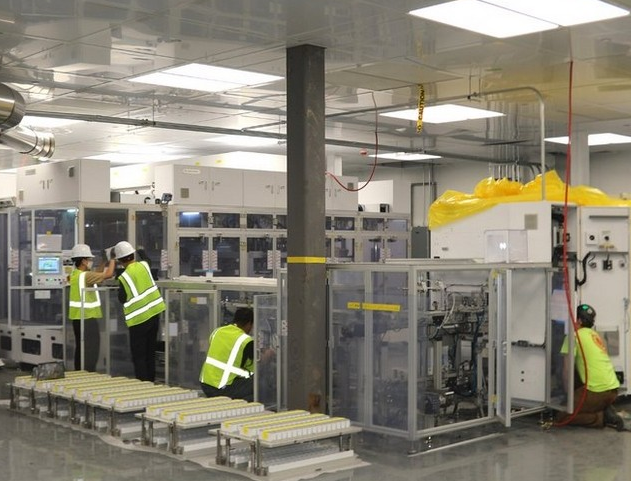
(iM3NY installed and debugged the production line before the opening of the
Endicott factory in New York)
The plant is expected to increase its annual production capacity to 38GWh
by 2030. The products are mainly used in electric vehicles (EV) and lithium
battery energy storage products.
Magnis Energy Technologies and its technology partner Charge CCCV (C4V) own
the majority of iM3NY. C4V claims to have developed a lithium manganese
phosphate battery called BMLMP.
BMLMP batteries operate at higher voltages than other lithium-ion batteries
such as Lithium Iron Phosphate (LFP) and Nickel Manganese Cobalt (NMC), and
their production does not require cobalt or nickel.
The production line is currently in the trial production stage of small
batches, and it is expected to start production of finished cells in late
September and sell them to customers, and then increase the annual output to
1GWh by the end of next year.
Their long-term plan is to increase their annual production capacity to
1.8GWh, which equates to 15,000 cells per day, and then 38GWh of annual
production by 2030.
Magnis said the plant, which has been independently verified by consultancy
Abt Associates as one of the more sustainable battery production facilities,
uses electricity from a hydroelectric facility.
Chaitanya Sharma, CEO of iM3NY, said: "iM3NY has worked hard to achieve
this important milestone, which is our only local battery production facility in
North America. Despite challenging global environmental and supply chain issues,
but we have managed to start production on schedule, which is a major
achievement. We are now looking forward to increasing our annual production to
over gigawatt-hours.”
This could be the first of its kind in North America, although some
gigafactories operating in the U.S. have already announced the production of
batteries for grid-scale energy storage systems.
Battery startup KORE Power operates a 12GWh gigafactory in Buckeye,
Arizona, another battery maker American Battery Factory claims to have a lithium
iron phosphate (LFP) gigafactory up and running within two years, while another
startup Manufacturer SPARKZ is building a gigafactory in West Virginia that will
produce cobalt-free solid-state lithium batteries suitable for grid
applications.
The U.S. government has identified the need to bring more of the battery
value chain into the U.S. as well as other countries, and recent policy moves
such as the Infrastructure Act and the Reducing Inflation Act look to further
boost domestic battery manufacturing.
Peter Silveira, senior director of manufacturing at Fluence, a battery
energy storage system integrator and technology provider, said an increase in
overall demand for batteries in the market will lead to more battery companies
producing domestically in the United States. Meanwhile, Turkish battery producer
Kontromatik said a few days ago that its leadership decided to expand the
production capacity of its factories in the United States from 2GWh to 3GWh
after the passage of the Inflation Reduction Act.
Not only lithium-ion battery makers could benefit from U.S. policy support,
but energy storage makers as well.
On Aug. 12, the day the Reducing Inflation Act passed the U.S. Senate,
Zinc8 signed a letter of intent to build a manufacturing center at iPark87, an
industrial and technology park in Ulster County, New York's Hudson Valley.
The zinc-air battery made by Zinc8 lasts up to 15 hours and can be scaled
to higher energy storage capacity as the size of the tank holding the zinc
particles increases. They are currently piloting the battery storage system in a
residential complex in New York City, with a 100kW/1.5MWh zinc flow battery
storage system combined with an on-site cogeneration facility.
Zinc8 did not disclose the expected size or annual capacity of the
production plant at this stage, but said it expects to create 500 jobs in the
region.
Incentives will last at the initial level until 2029, then taper off from
2030. Meanwhile, the U.S. Infrastructure Investment and Jobs Act includes $6
billion in incentives to support U.S. battery R&D and production, as well as
support for building domestic supply chains.
Due to macroeconomic and geopolitical factors, planned gigafactories in
Europe may be delayed or not put into production on time.
(2) Barbados, a Caribbean island country, formulates energy storage
policies and is expected to invest billions of dollars
The government of the Caribbean island nation of Barbados has formulated a
national energy storage policy, predicting that the country's energy storage
industry has the potential to invest billions of dollars.

Barbados Energy Minister Kerrie Symmonds said on Aug. 22 that when the
government developed the policy, energy storage systems were expected to be the
next frontier for renewable energy investment, according to local news
outlets.
Symmonds said the most important part of the policy is that all large-scale
renewable generation facilities must be equipped with energy storage
systems.
Symmmonds said: “The energy storage system is expected to bring $1.75
billion in investment to Barbados. We are not looking at deploying a single
energy storage solution, but several grid-related services. This is an
independent power producer and investment The kind of service that most
interested people.”
As the media reported earlier this year, Barbados is targeting 100%
renewable energy use and carbon neutrality by 2030. In April, the Inter-American
Development Bank issued a request for expressions of interest on behalf of the
country for consulting services to help develop a competitive procurement
framework for utility-scale renewable energy generation and storage systems.
Sonnen and ES Solar jointly implement virtual power plant plan to deploy
35MWh residential energy storage system by the end of 2022
German home energy storage and virtual power plant (VPP) Sonnen and solar
power contractor ES Solar are expanding virtual power plant (VPP) programs in
Utah and Idaho with the goal of deploying 35MWh of residential batteries by the
end of this year energy storage system.
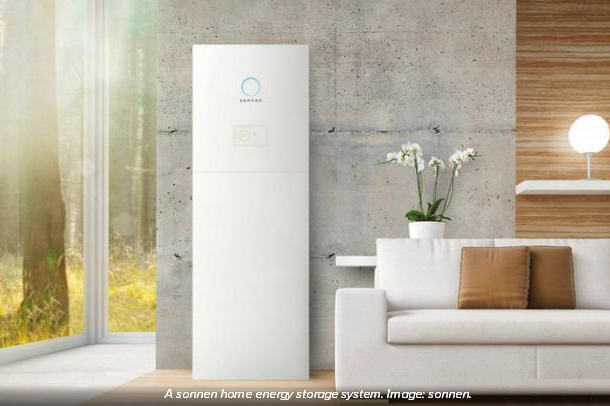
(Residential battery storage system installed by Sonnen)
Utility Rocky Mountain Power's (RMP) Wattsmart program gives residential
battery storage owners the option to let RMP take control of their battery
storage systems to support the grid in exchange for up-front incentives and
ongoing bill credits.
RMP companies have direct control over registered battery storage systems
and can be dispatched on demand to meet grid demands such as energy time
shifting, load shedding, frequency response services.
ES Solar expects the deployment of battery storage systems to reach 35MWh
in 2022 through the implementation of the Wattsmart program. As a result of the
program, Sonnen's sales of energy storage systems have reached more than 6MWh
per month, the company said.
In recent years, RMP has shifted its focus to a residential
solar-plus-storage model with the Wattsmart scheme. The company claims that the
model is helping build the largest smart home battery energy storage network in
the United States. ES Solar was the first contractor in Utah to deploy the
model.
ES Solar said it has deployed battery storage systems in up to 98 percent
of new solar facility sales as part of the Wattsmart program, with more than
2,000 residential battery storage systems already registered. It is expected to
add 1,500 customers by the end of 2022, reaching more than 5,000 by the end of
2023. The company mainly retrofits existing residential solar power generation
facilities and deploys battery energy storage systems.
ES Solar is the first contractor to use Sonnen's latest technology, ES
Solar's stackable SonnenCore+ system, launched in July 2022.
Sonnen Chairman and CEO Blake Richetta commented: "As the Wattsmart program
evolves, ES Solar has successfully overcome the complex concepts and challenges
associated with the effective integration of residential solar + storage
projects into the wider energy system. "As this model scales to thousands of
homes, battery storage will improve personal, social and environmental aspects,
which is the ultimate goal of adopting residential solar-plus-storage
projects."
The scheme is one of several high-profile virtual power plant (VPP)
projects making progress in the US market.
If you have any questions about lithium-ion battery products or industry
information, you are welcome to contact SES Power.












